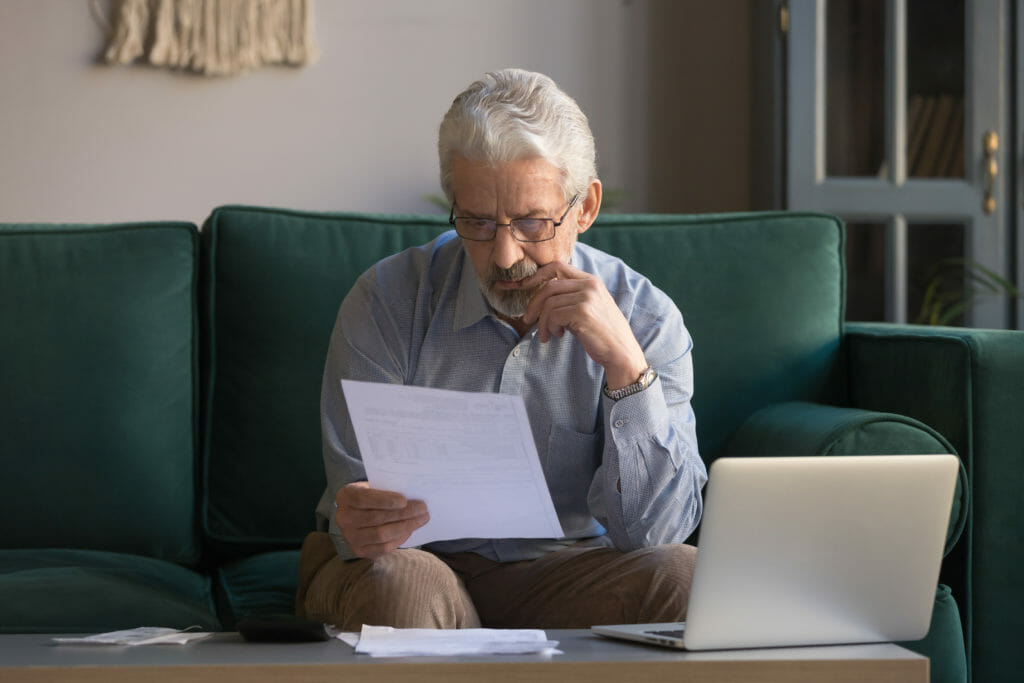The September 11th Victim Compensation Fund has many regulations in place that responders and survivors should be aware of to ensure they obtain the maximum amount of compensation they deserve for their 9/11-related health conditions. Critically, if you filed a claim for compensation with the VCF and believe your award was incorrect — or based on incomplete information — you may be wondering whether you have any options.
The VCF offers two ways to request a change after it has made a determination regarding an award: by amendment or appeal. However, it’s essential to understand the difference between each — and know which should be filed depending on your specific circumstances. While an amendment seeks to change an award based on new information, an appeal challenges the VCF’s original determination.
When Should You File an Amendment with the VCF?
If you’ve already received your award, there are several reasons you might request to amend your claim with the VCF. Specifically, an amendment should be filed if you are requesting a new determination of your VCF award to recover additional compensation.
An amendment to your claim can be filed based on the following:
- You were diagnosed with a new condition — If you filed your claim with the VCF after being diagnosed with an eligible condition and later developed another 9/11-related illness, you can file an amendment to your claim. The VCF may consider the subsequently diagnosed condition in determining whether additional compensation should be awarded.
- Your condition worsened substantially — Even if you received your VCF award, you may be entitled to amend your claim if your eligible condition worsened or became more severe.
- New information arose that would impact the amount of the award — If additional facts arose after the award was issued which would have affected the determination of the award amount, the VCF allows you to submit an amended claim.
- You incurred $5,000 or more in out-of-pocket medical expenses — The VCF does not include out-of-pocket expenses in the initial award. However, if you have incurred $5,000 or more in expenses related to treatment or medication, you may be eligible to recover these costs by filing an amendment.
- You believe the VCF didn’t consider all of the documentation you submitted — If you received a “Missing Information Letter” from the VCF and think the documents you submitted were not considered in calculating your award, you might consider amending your claim.
Although amendments are typically not permitted in deceased claims once the VCF issues an award, a personal representative may amend the claim at any time before it reaches the final substantive review stage. Additionally, in limited circumstances, the VCF may allow an amendment if not permitting it would cause “substantial injustice.”
When Should You File an Appeal?
An appeal can potentially overturn the VCF’s original decision regarding your claim. Notably, there are two types of appeals recognized by the VCF — claim denials concerning both eligibility and compensation determinations can be appealed. While an eligibility appeal can be filed if you were found ineligible to receive an award, a compensation appeal can be submitted if you believe your award was calculated in error.
If you are entitled to file an appeal, the VCF will include an Appeal Request Form with its determination. It’s crucial to be aware that this form must be filed within 30 days of the date indicated on your VCF decision letter. Failure to meet this deadline can result in waiving your right to appeal. Additionally, you have 60 days from the date of the determination to submit your completed appeal package — this should include an “Explanation of Appeal,” the completed Pre-Hearing Questionnaire, and any relevant documentation in support of your appeal.
If the VCF determines you have a valid appeal request, it will schedule a virtual hearing. Eligibility hearings are conducted via video conference and compensation appeals are heard by phone. Following the hearing, the Special Master will review the Hearing Officer’s recommendation, the information presented at the hearing, your testimony, and documentation to determine whether a new decision should be rendered.
Contact a New York City 9/11 Victim Compensation Fund Attorney
If you were diagnosed with a 9/11-related health condition and believe your award was wrongly denied, calculated in error, or you are entitled to additional compensation, an experienced 9/11 Victim Compensation Fund attorney can help you obtain the monetary recovery you deserve. The Dearie Law Firm, P.C. is committed to helping responders and survivors file appeals and amend their claims to ensure they receive the VCF award they are rightfully entitled.
The 9/11 Victim Compensation Fund attorneys at the Dearie Law Firm, P.C. have represented claimants and their families in 9/11 VCF claims for over a decade. For a free consultation, contact us today.

